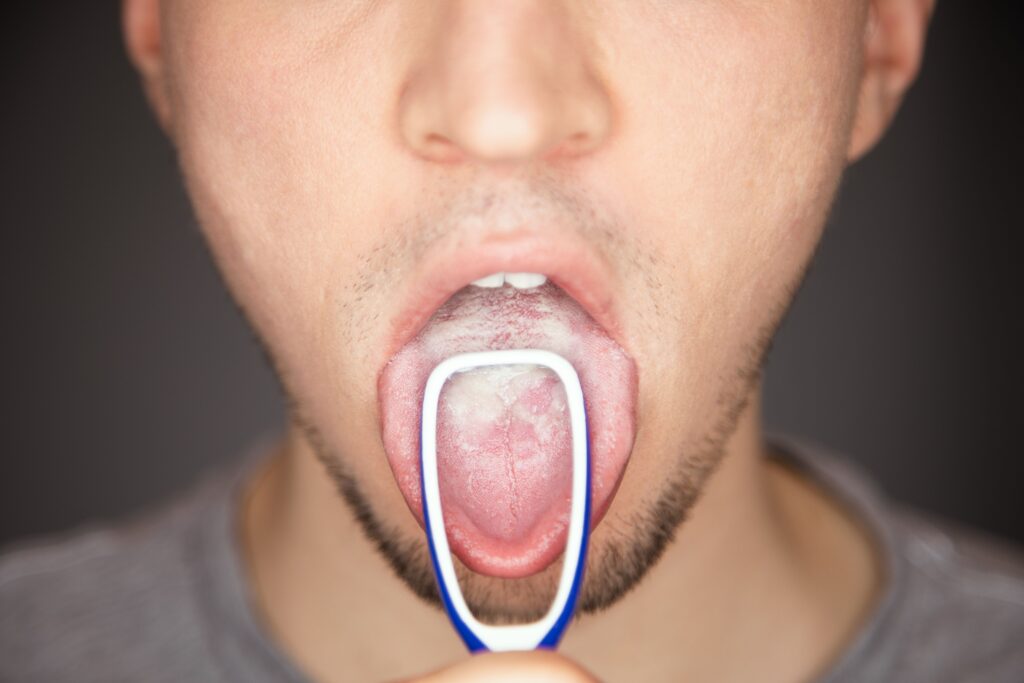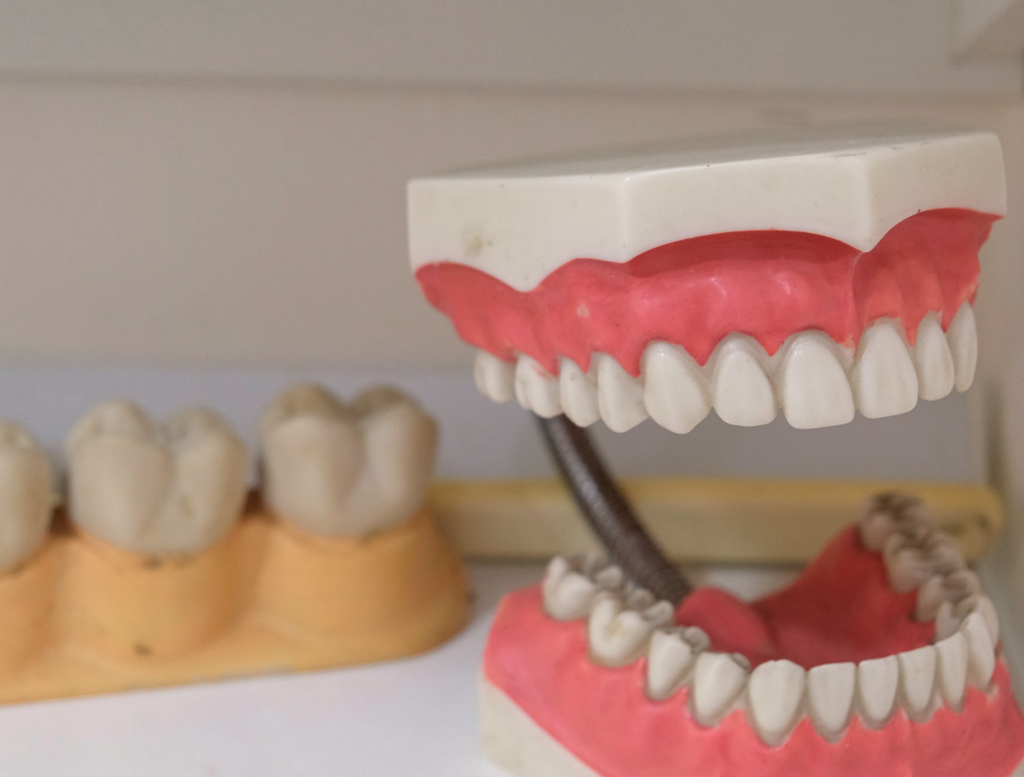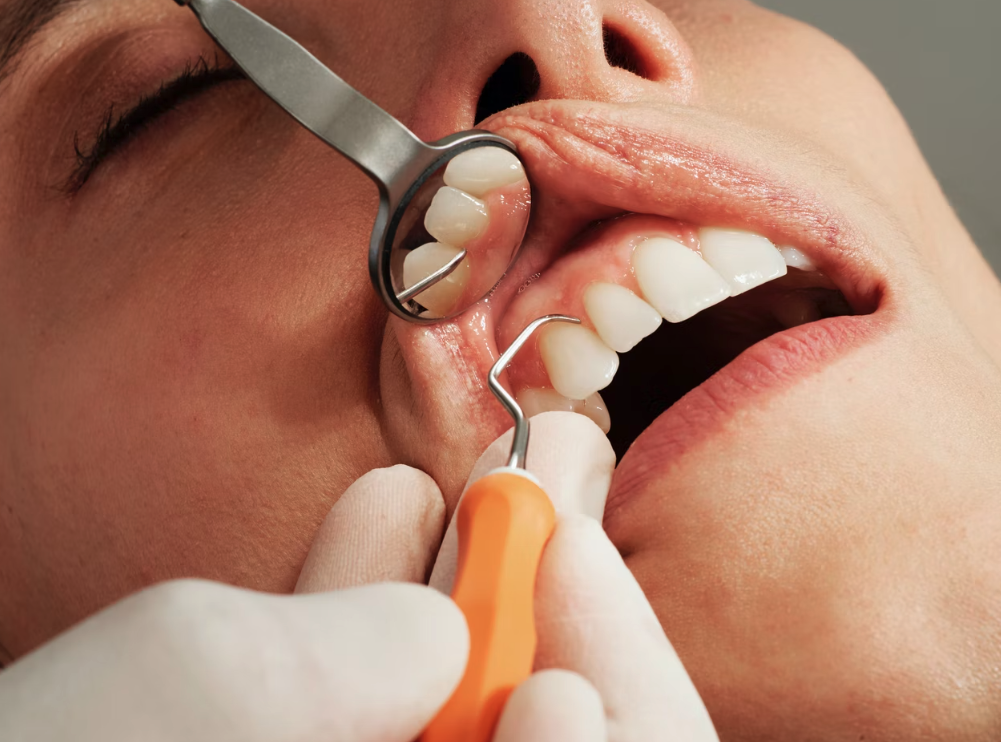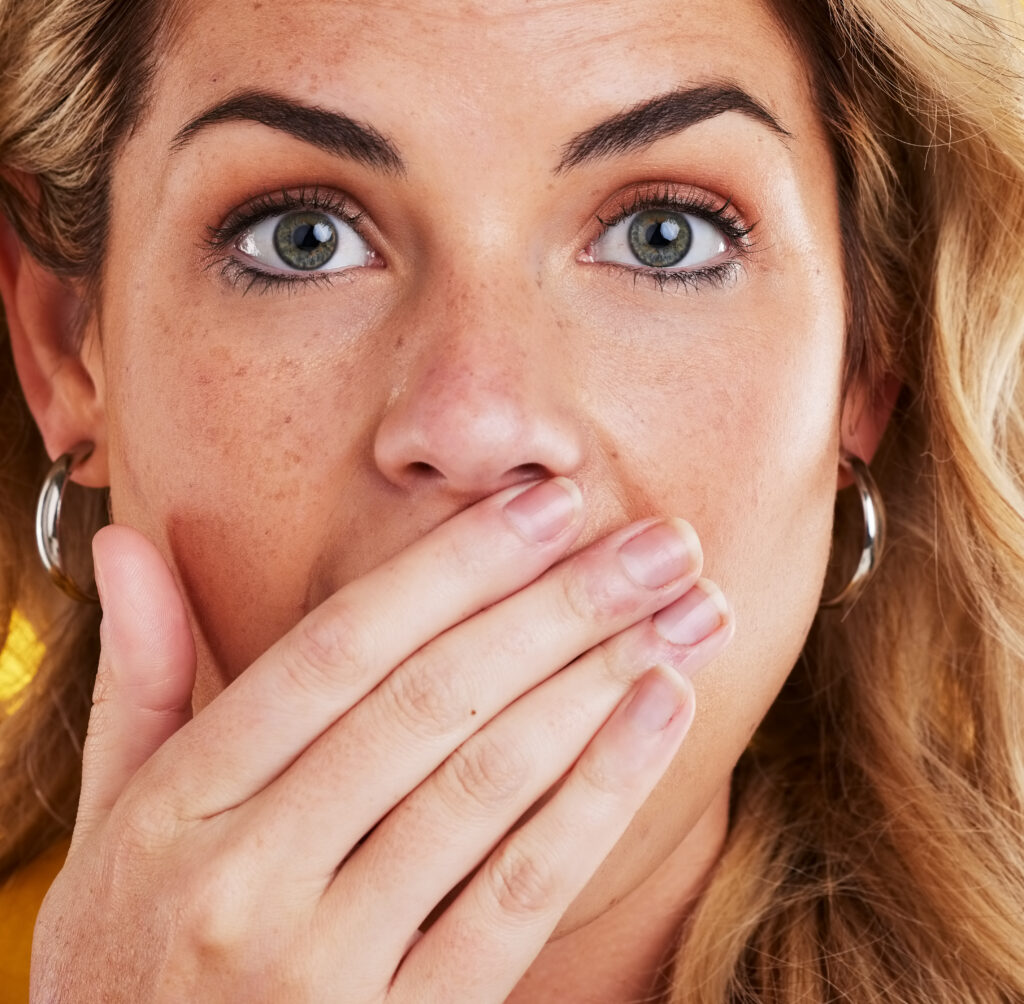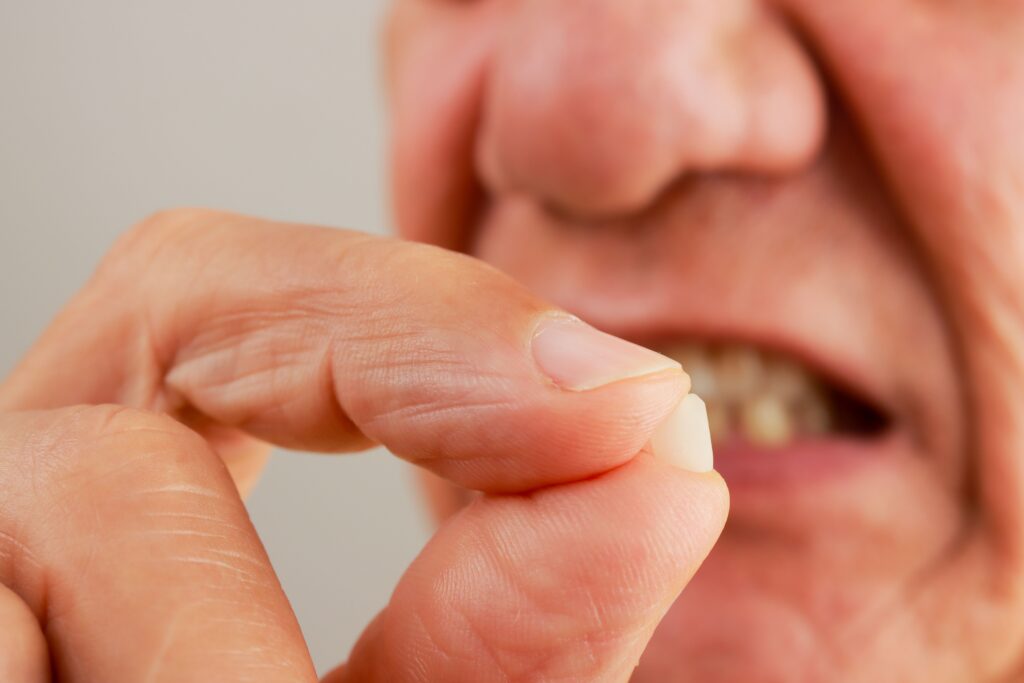Sleep apnea and teeth grinding are two separate conditions, but research suggests that there may be a connection between the two. This article will explore the link between sleep apnea and teeth grinding, as well as the implications for treatment and overall health.
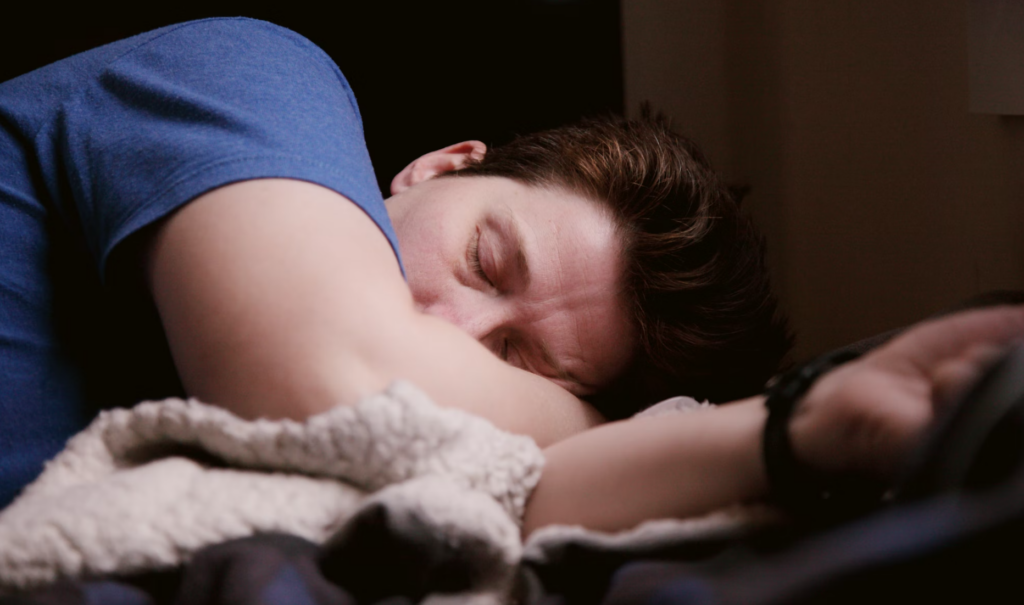
What is Sleep Apnea?
Sleep apnea is a disorder characterized by pauses in breathing during sleep. These pauses, called apneas, can last for a few seconds to minutes, and can occur several times an hour. There are two main types of sleep apnea: obstructive sleep apnea (OSA), which is caused by a blockage of the airway, and central sleep apnea (CSA), which is caused by a failure of the brain to send the proper signals to the muscles that control breathing.
Symptoms of sleep apnea include loud snoring, choking or gasping during sleep, and excessive daytime sleepiness. Sleep apnea is usually diagnosed through a sleep study, called a polysomnography.
What is Teeth Grinding?
Teeth grinding, also known as bruxism, is a condition in which a person grinds or clenches their teeth, often during sleep. Teeth grinding can be caused by stress, anxiety, or an abnormal bite, and can lead to jaw pain, headaches, and damage to the teeth.
Symptoms of teeth grinding include waking up with a sore jaw or headache, tooth sensitivity, and worn or damaged teeth. A dentist or sleep specialist can diagnose teeth grinding through an examination of the teeth and jaw.
The Connection Between Sleep Apnea and Teeth Grinding
Research suggests that there may be a link between sleep apnea and teeth grinding. One study, published in the journal “Sleep Medicine Reviews,” found that up to 60% of patients with sleep apnea also had bruxism. Similarly, a study in the “Journal of Oral Rehabilitation” found that up to 90% of patients with bruxism had OSA.
The exact mechanism behind the connection is not fully understood, but it is thought that sleep apnea may cause increased muscle tension and stress, which can lead to teeth grinding. Additionally, the frequent arousals from sleep that occur with sleep apnea may also contribute to bruxism.
Treatment of Sleep Apnea and Teeth Grinding
Treatment for sleep apnea and teeth grinding often involves addressing both conditions simultaneously. Common treatments for sleep apnea include continuous positive airway pressure (CPAP) therapy, which uses a mask to deliver air pressure to the airway, and oral appliances, which reposition the jaw to open the airway.
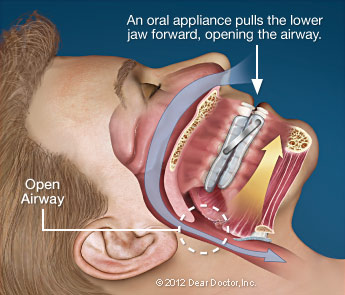
Treatment for teeth grinding typically includes a custom-made night guard or splint, which is worn during sleep to protect the teeth. Stress management techniques, such as exercise, relaxation, and counseling, may also be helpful in reducing bruxism.
Conclusion
Sleep apnea and teeth grinding are separate conditions, but research suggests that they may be connected. If you have been diagnosed with sleep apnea, it is important to be evaluated for teeth grinding, and vice versa. Addressing both conditions can lead to improved overall oral and physical health.
Reference:
- Sleep Medicine Reviews, “Obstructive sleep apnea and bruxism: a review of the literature”
- Journal of Oral Rehabilitation, “Bruxism and obstructive sleep apnea: a review”
Contact Family Tree Dental To Learn More!
Here at Family Tree Dental in the Ohio Valley, we have a branch dedicated to helping patients with sleep apnea. If you’re currently using a CPAP machine, the oral appliance may be a better option for you. Our team is experienced in sleep apnea and can provide the best treatment options for you. Contact us today to get started on your journey to health and wellness!



